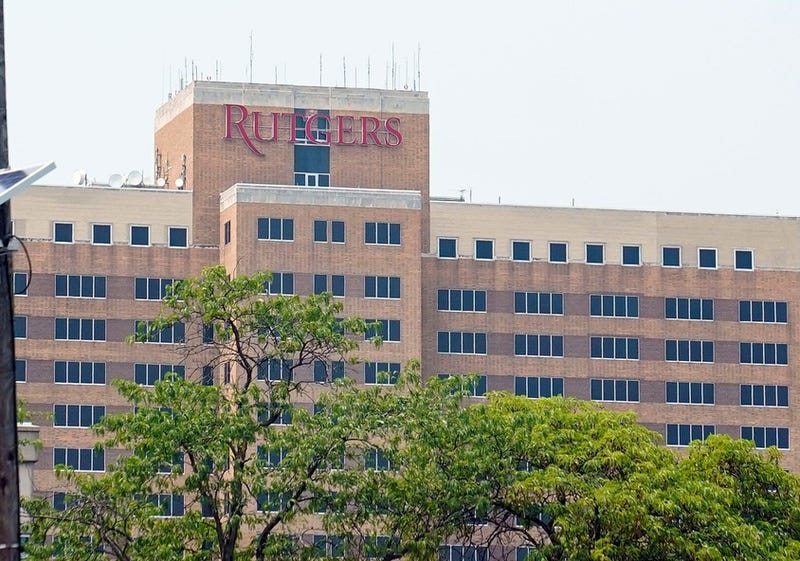
PHILADELPHIA (KYW Newsradio) — The ripple effects of the war between Israel and Hamas are being felt at colleges and universities around the country, with university presidents getting heat from both sides for their statements and actions regarding the conflict.
Higher education leaders are walking a tightrope in crafting messages as they struggle to balance desires of students, alumni, and donors.
Over 200 Rutgers University faculty members signed a letter to President Johnathan Holloway, accusing him of purposely omitting Palestinians, Arabs and Muslims in his initial statements about the war. There are 7,000 students Muslim and Arab students enrolled across the school’s three campuses.
“Our hearts go out to the people of Israel. Having attended a student vigil organized by a wide range of campus Jewish organizations this week, I know firsthand that Rutgers’ Jewish community is suffering pain, anguish, and fear. My heart continues to share in that pain,” Holloway wrote in a blog post dated Oct. 11.
Those who signed the letter found that statement severely lacking.
“We have a huge number, a growing number of Palestinian civilians who are being slaughtered,” said Audrey Truschke, a professor of South Asian history at Rutgers. “He not only privileged Israeli civilians, he didn't even say the word ‘Palestinian’ in the statement. It was an absolute eraser of their identity.”
Rutgers law professor Sahar Aziz says those student groups feel slighted. “I was so sad for them that they must have felt completely abandoned,” said Aziz, “effectively that Rutgers University or at least President Holloway, practices liberalism except for Palestine.”
Truschke says people with money, power and influence will push their personal agendas onto universities. However, she added, “The job of President Holloway and every other university president is to say, ‘No, I will not be swayed by the money, I won't be swayed by the politics, I will not be swayed by the power.’”
Late Wednesday, Holloway sent an updated statement, naming and noting the grief felt by all of the student groups. “I have seen grief on so many of the faces of our Muslim, Palestinian, and Arab students, and I have seen grief on so many of the faces of our Jewish and Israeli students,” he wrote.
“Many in our community have told me they feel unheard and unsafe. Let me be clear: I have heard you and I am committed to your safety.”
A similar debate has erupted around the University of Pennsylvania, where a statement from Penn President Liz Magill similar to Holloway’s original message is also getting backlash from Palestinian supporters.
Magill is also getting heat from the other side, as several high-level pro-Israel donors have critiqued her and threatened to withhold future funds. Their reasons include her not taking a harsher stance against an event on campus that highlighted Palestinian writers and culture that happened before the Oct. 7 attack by Hamas, and a feeling that her support for Israel should have happened more strongly and quickly.
Penn alum and former Utah Gov. John Huntsman said the university’s “silence” after the attack on Israel amounts to "moral relativism” fueling a “race to the bottom.”
KYW Newsradio contacted Penn offering Magill the opportunity to speak. A spokesman for the university acknowledged the offer but made no further plans.
